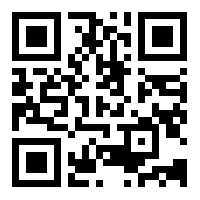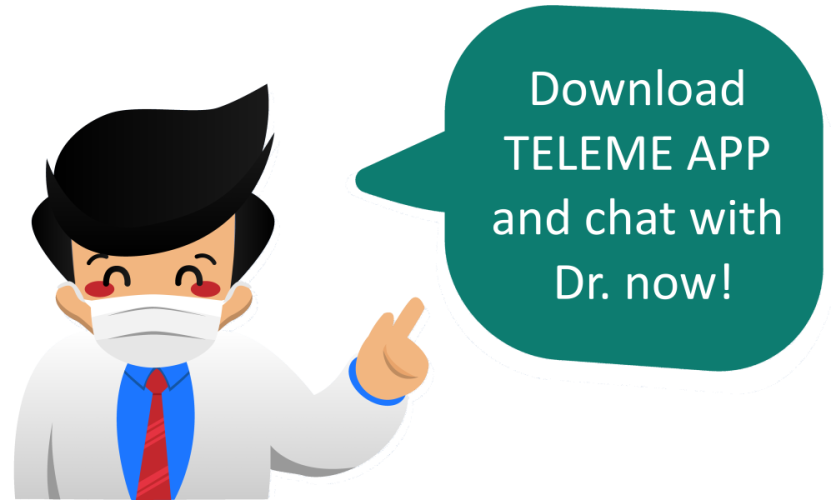3 TECHNIQUES TO RELATE BETTER
As a counsellor, I find that usually in relationships, there are several assumptions that we have in mind. It can be relationships between family members, romantic partners, or even people at work and friends.
However, we also work with the idea that others have the same, or similar assumptions.
You may be asking yourself – why do I need to do this? How is this going to benefit me?
One of the areas which causes emotional friction for many people is Relating With Others. Unless we mindfully and consciously make note of addressing what is our style and how we can ease the friction with others, we may find that our stress-levels tend to elevate. And once we notice that our stress levels are elevated, we might also note that our decision-making process is affected, and we might even fall physically sick.
If you find that there are roadblocks in the way that you relate with others, try these 3 tips below to see if the quality of communication improves.
Tip # 1 – Think Outside the Box

Sure, everyone’s heard of this phrase – it approximately translates to ‘Let’s not do the usual; instead try to be creative’ – so ask yourself, how do you usually respond to a request or demand? Do you typically think you have to respond in terms of Yes or No?
Forwards or backwards? Up or down?
Thinking in this binary form can feel a little tough; however, consider the fact that there may be an option number 3 – think of pausing. Communicate the fact that you’re not saying yes or no just yet, you need a pause to consider how to respond.
So for example – ‘I have received your request – however, in order to decide, I need a little time. Once I’ve decided, I’ll get back to you’. Responding in this manner might buy you more time to think things through.
Tip # 2 – Understand Your Reactions

Do you find that when there’s an event and later on when people involved in the event recount it, there are so many different perspectives of a single event? That’s because usually when events occur, the meaning of the event differs from person to person.
Ask yourself – whenever there’s an unexpected event, what are you aware of first? Feelings? Or thoughts? Do you become aware of your elevated pulse, feel tense and anxious; or do you think of ‘What’s happening? What’s the rationale behind this?’
Once you figure out which reaction impacts you first – thinking or feeling – you may find responding to said unexpected events might be easier; including communicating with others what your response is.
Tip # 3 – Take a Break – But Come Back!

Usually we hear of ‘go for a walk’ or ‘take a break’ whenever we feel overwhelmed, or whenever there’s an argument. However, there also needs to be an emphasis on returning to the subject matter once you feel less overwhelmed. The mistake many of us make is conveniently ‘forgetting’ to return to the subject matter – the risk in ‘forgetting’ is that it might rear its’ ugly head in the future because there was no resolution the first time.

For example, if you find yourself in an argument with your spouse or family member about forgetting to buy bread, and it escalates into how ‘this ALWAYS happens’ and old grudges are brought up, take a break! Say ‘I need to take a break – I’ll come back and we’ll discuss this’.
Taking a physical pause such as a walk, or even taking sips of cold water, can help cool you down and go have the conversation again, and this time be focused on only talking about the ‘bread’.
Try these 3 tips, and give it several tries – don’t give up after the first attempt! The idea of learning how to relate better is to give new techniques a try; and allowing the other person to also get used to this new way. So try it a few times.
Written by,
Ms. Usha Ponnudurai


Disclaimer. TELEME blog posts contains general information about health conditions and treatments. It is not intended to be a substitute for professional medical advice, diagnosis or treatment. The information is not advice and should not be treated as such.
If you think you may be suffering from any medical condition, you should seek immediate medical attention from your doctor or other professional healthcare providers. You should never delay seeking medical advice, disregard medical advice, or discontinue medical treatment because of information on this website.







